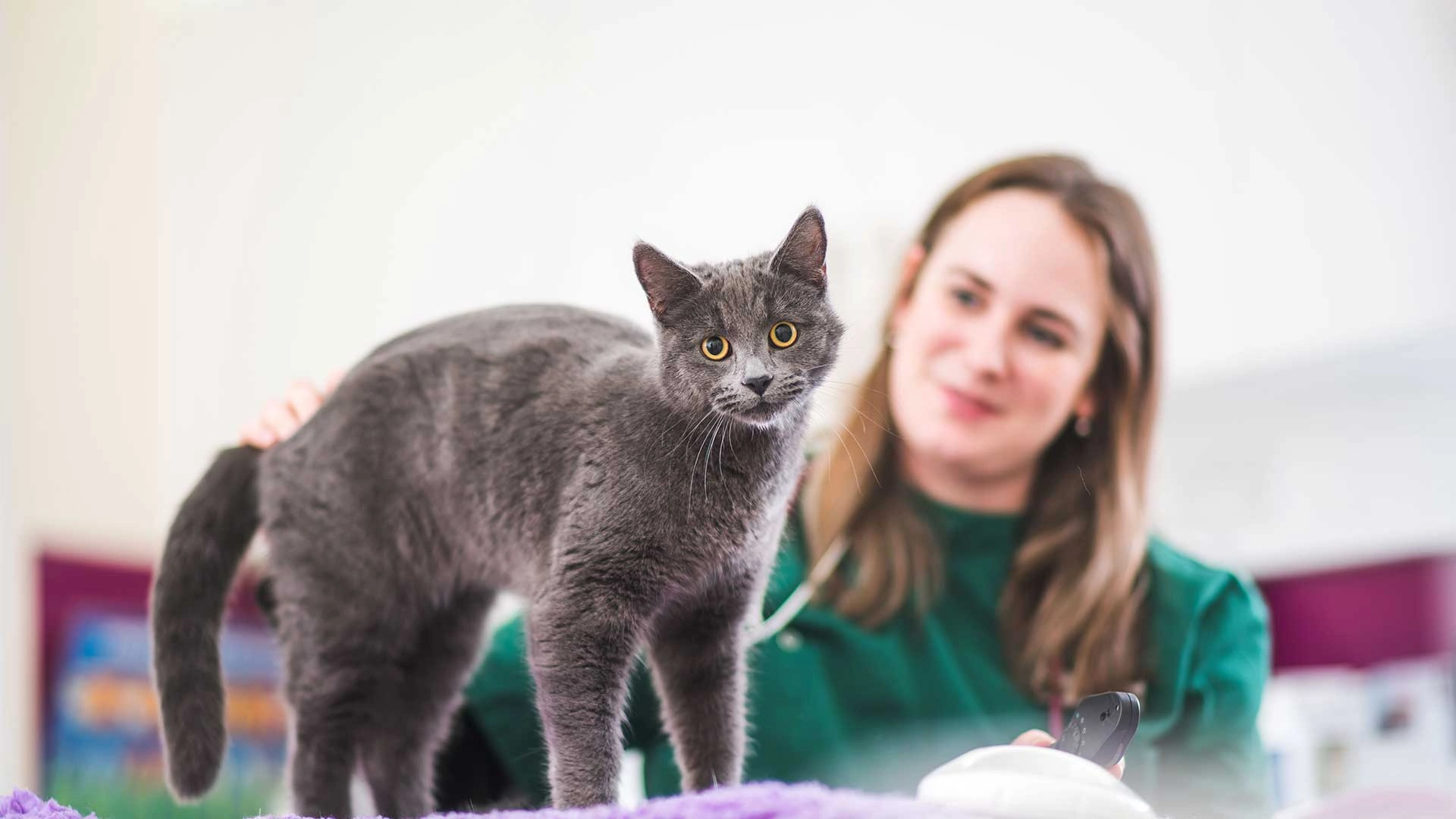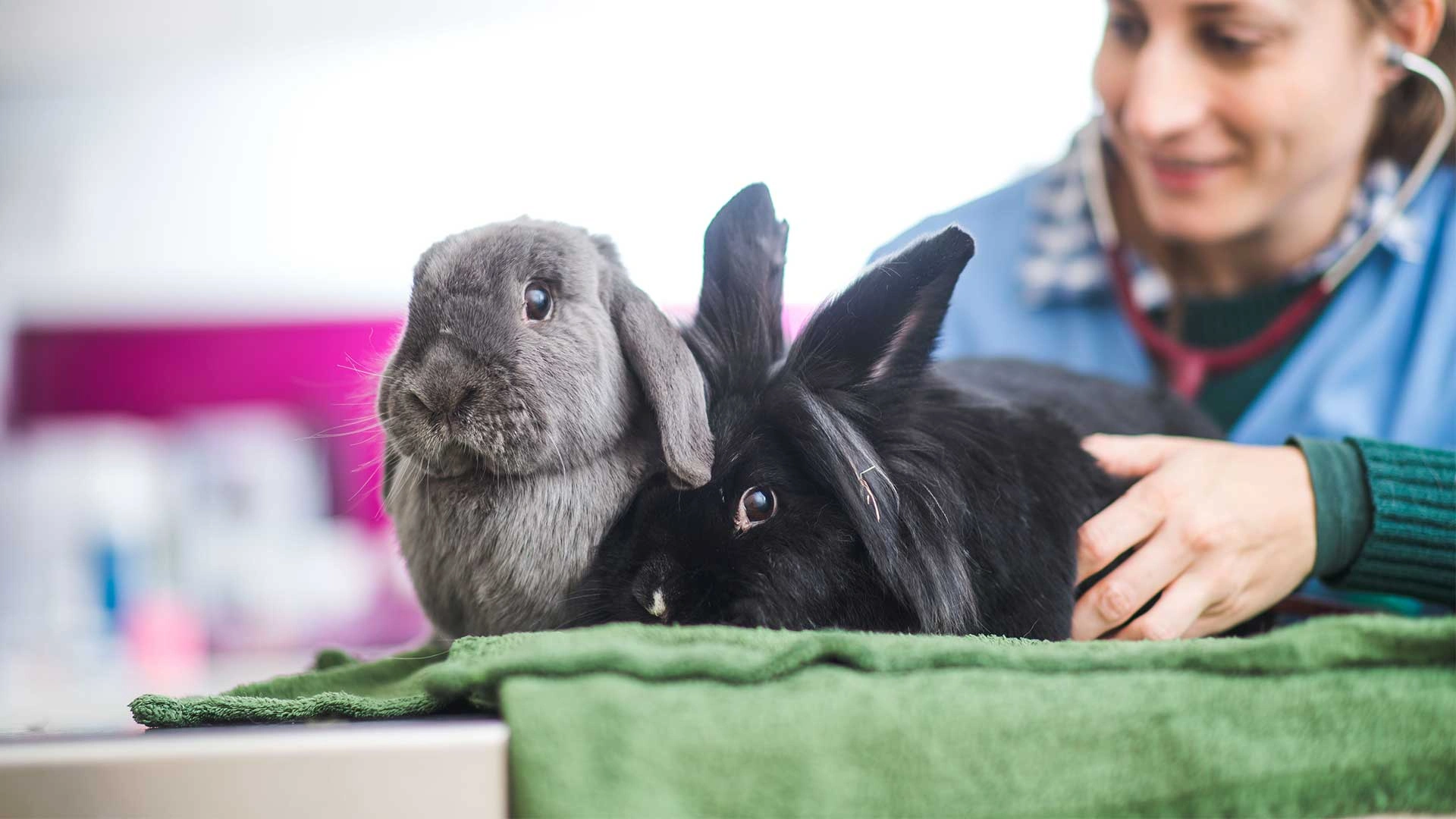
The Bishops Veterinary Surgery was set up in 1991. At Bishops, we are here for you when your pets need us the most - when they are unwell. We have experienced, qualified staff who will do their utmost to get to the bottom of the problem and come up with a solution. However, we're not just there for the bad times. We also like to promote excellent, affordable preventative health care. We are proud of the fact that our long standing staff enjoy a close bond with both our clients and their pets and believe that by working together with you, we can help your pets enjoy happy, healthy lives.

Catherine Soffair
Clinical Director
Hannah Adam
Veterinary Surgeon
Katharine Richardson
Registered Veterinary Nurse
Yazmin Ormandji
Registered Veterinary Nurse
Sarah Harris
Registered Veterinary Nurse
Julie Parkins
Head Veterinary Nurse
Hollie Craig
Registered Veterinary Nurse
Emily Birch
Student Veterinary Nurse